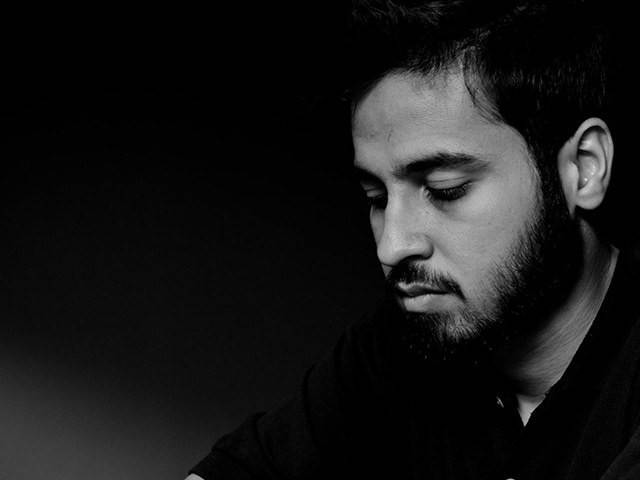Saad Aziz will soon meet his maker. The warrants have been signed and the ink has dried. The Army Chief has awarded the death penalty to him and 4 other accomplices. Almost everyone knows why these 5 men are being hanged. There is the murder of Sabeen Mahmood and then there is the Safoora massacre. But that is not all, apparently. These men were also involved in attacks on other military and civil personalities. Some news reports term them as members of Al-Qaeda, others state that they were part of the IS Khorasan network. The ISPR tweet terms them as hardened terrorists. Everyone agrees to that.
Somehow, the eventual hanging of Saad Aziz brings about an aura of regret. It’s a tale of a good life wasted away. That is not to say that the others who will soon give into the noose are not valuable. It’s just that Saad seemed to have walked most of the journey to what most would have predicted would have led him to a brighter future. A smart boy, he graduated from one of the top universities of the country. He interned with one of the most sought after MNC worldwide. He is described by his friends and teachers to be witty, smart and processing a good sense of humour. Had he stuck to being just that, chances are, he would have lived the life most of us dream to live.
That said, does it make sense regretting the decisions of one who does not regret it themselves? The answer to this is yes and no. The latter demands a more objective approach wherein we see Saad as a lone case of someone who could not handle a breakup. This approach would see Saad as naive and gullible, one who simply went astray and made bad decisions. Such approach would have us see Saad as a guy who could have done better had he, at least, tried. From this point of view, we would also see his current attitude as absurdly haughty. His adamant insistence on rationalising his actions would of course anger us. With this approach we would simply conclude that, at the end of the day, he got both what he deserved and what he asked for. This is not a wrong approach.
However, we can be better than that. Saad’s episode cannot and must not be seen as an individual’s case. We need to see this through the lens of the society we live in and shape in our individual ways. Saad hence is nothing more than a mere piece in our societal puzzle. Unfortunately, he is not the only piece which fit the puzzle in that place. We have bred a society where many such pieces continue to exist and will replace Saad as soon as he is eliminated.
The society I write of is such: first, it is highly emotional. Do we blame Bollywood for our unnecessarily romanticised way of looking at things? Do we blame the poets; the artists? Or, do we highlight the gaps in our social structures that makes the individual more reliant onto connections separate from the immediate family. More importantly, how does the society treat such longings? How does the Pakistani man, for example, survive in an environment that ingrains patriarchal dogmas in its very foundations? Could Saad hence had been more emotionally stable if he was allowed to be emotional in the first place? Could a more liberal setting (the one Saad himself deplored) have given him more chances to rise up from the hiccup of his breakup? That said, he graduated from a reasonably liberal educational environment and worked in an MNC that upholds such values. Maybe, the absence of such opportunities was not the problem after all. Maybe, for Saad and his likes, their existence is the problem itself.
Which brings us back to the societal approach: how do we end up giving space to mind-sets that demand suffocation of one’s opportunities within our society? Such elements rationalise their insistence on conservatism in the shadows of traditions and religion. Some would argue that these two pillars do in fact propagate such actions, others would simply point out that these, much like all theories and ideas are subject to interpretations. Our society has allowed the populace to relish their interpretations and impose them as facts. This clearly points to the absence of state run institutions that should do this job. Moreover it also shows a broken down familial infrastructure with potholes that result in unfortunate fixations.
How does one amend such a society? More importantly, who does one blame for what happens to its individuals? As mentioned earlier, neither approach towards looking at Saad’s case is wrong. That said, neither can be ignore either. The way out is to treat the problems as they are: individual aswell as social.






